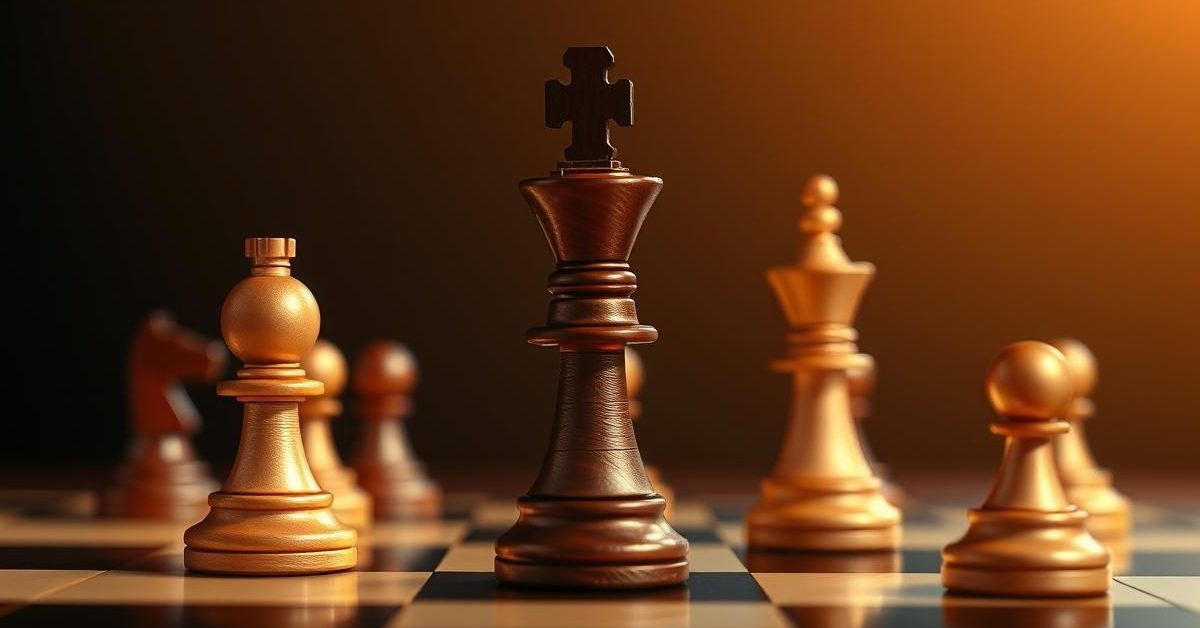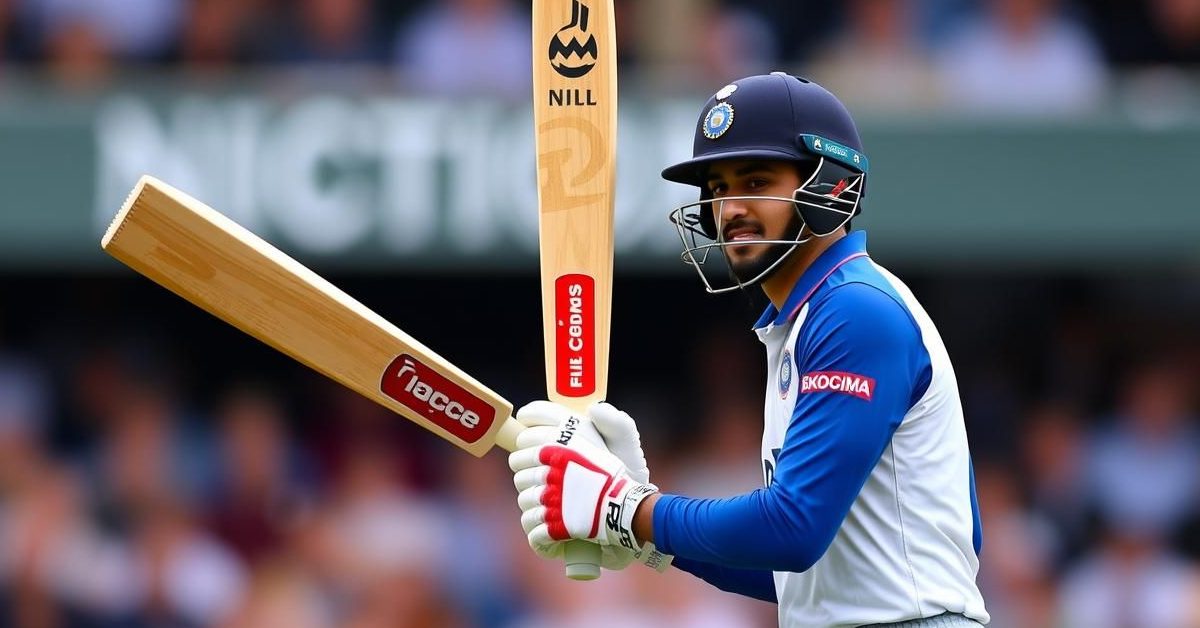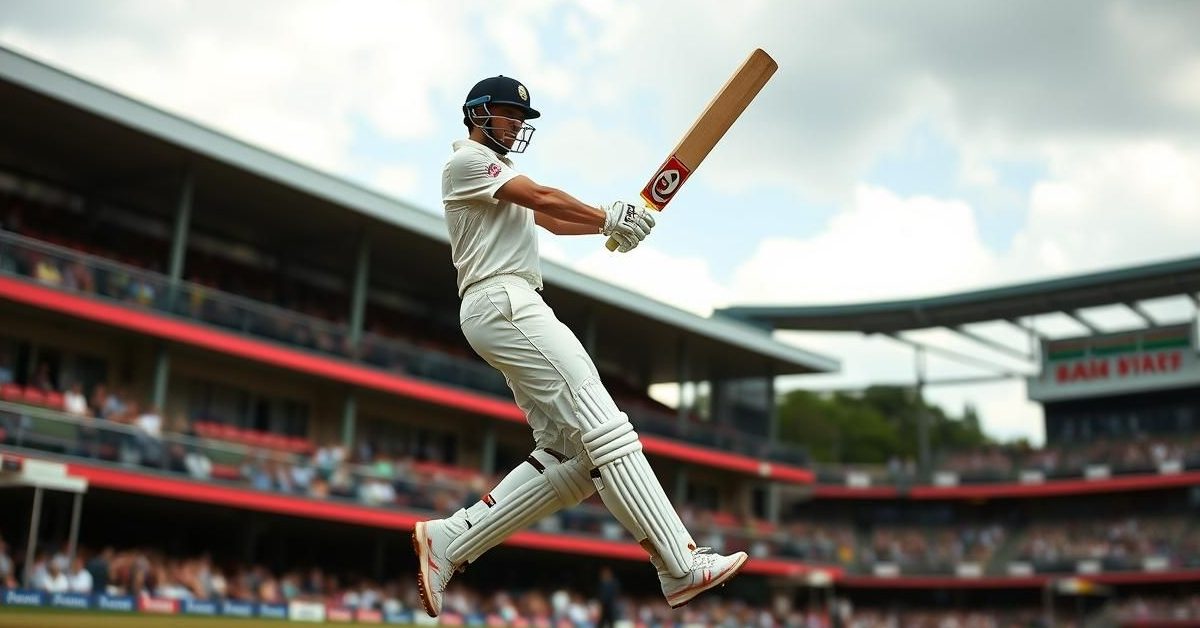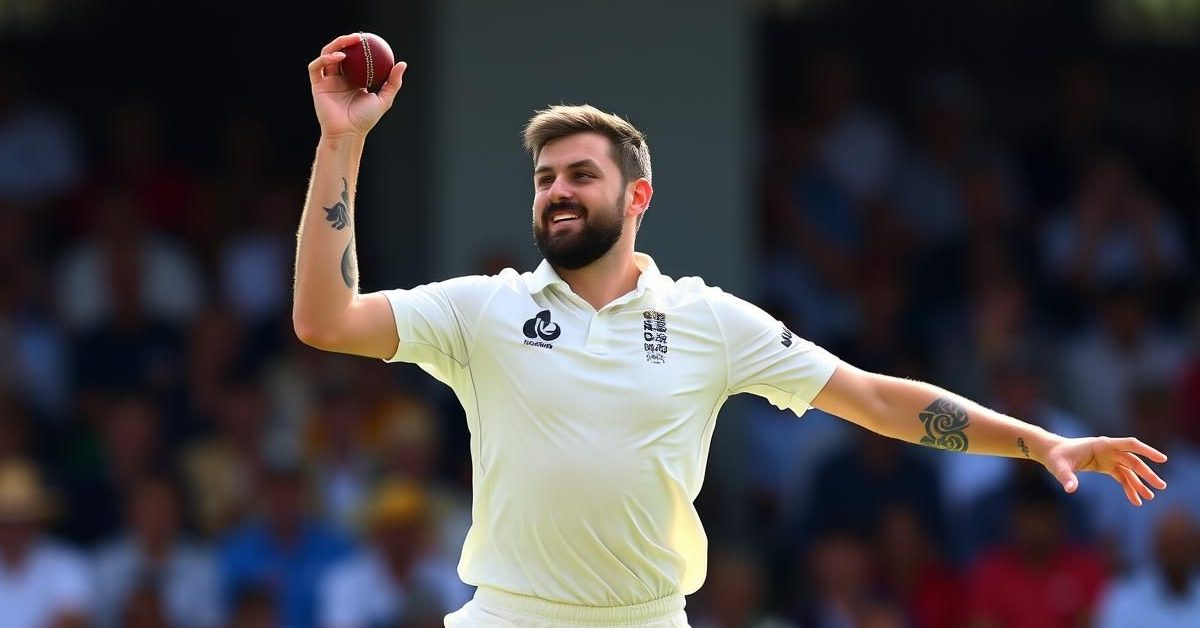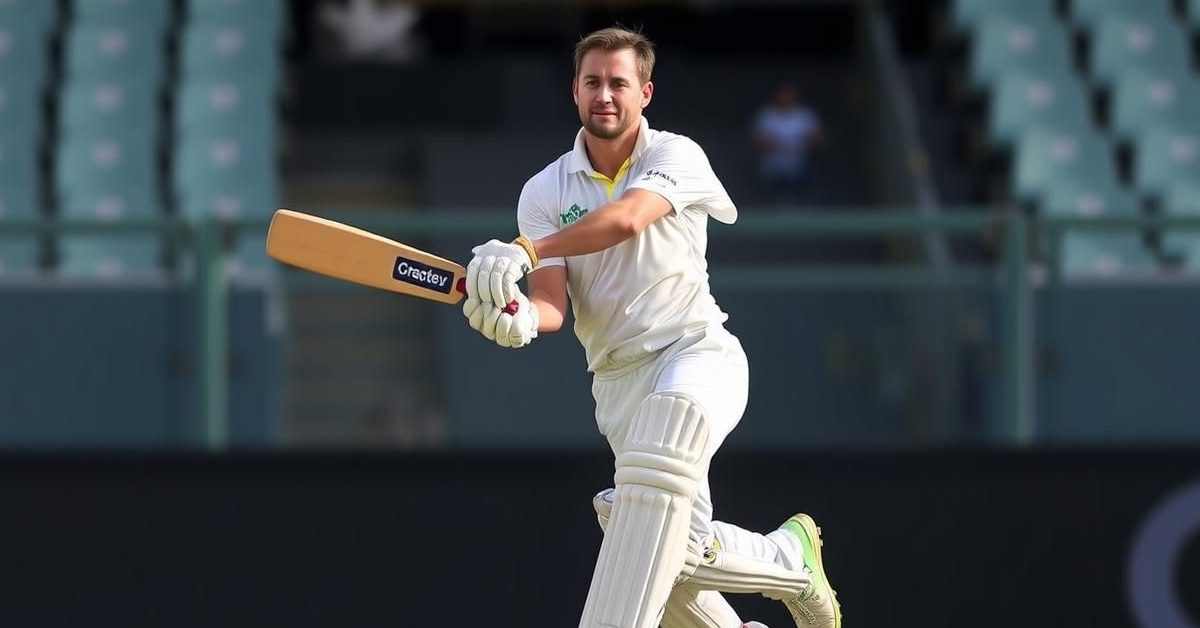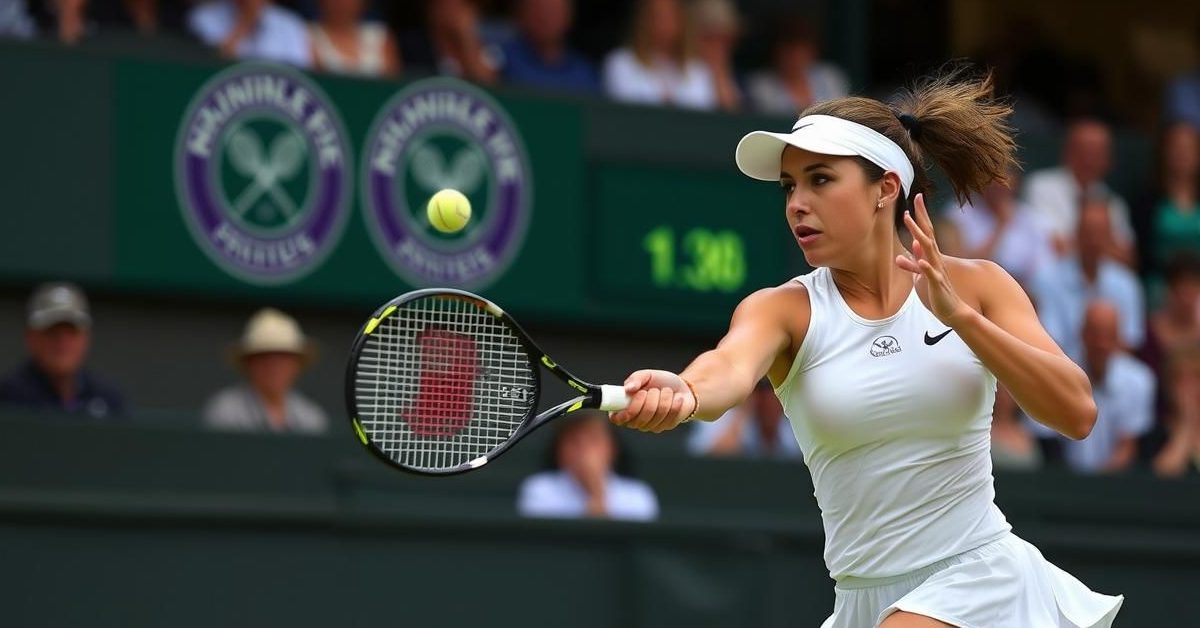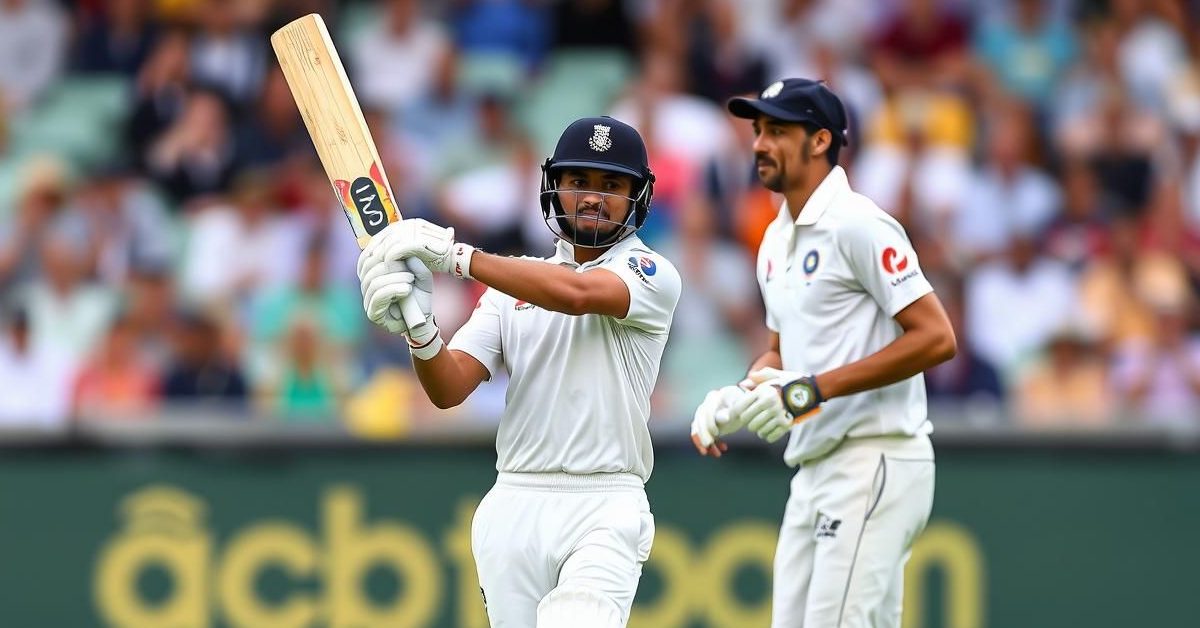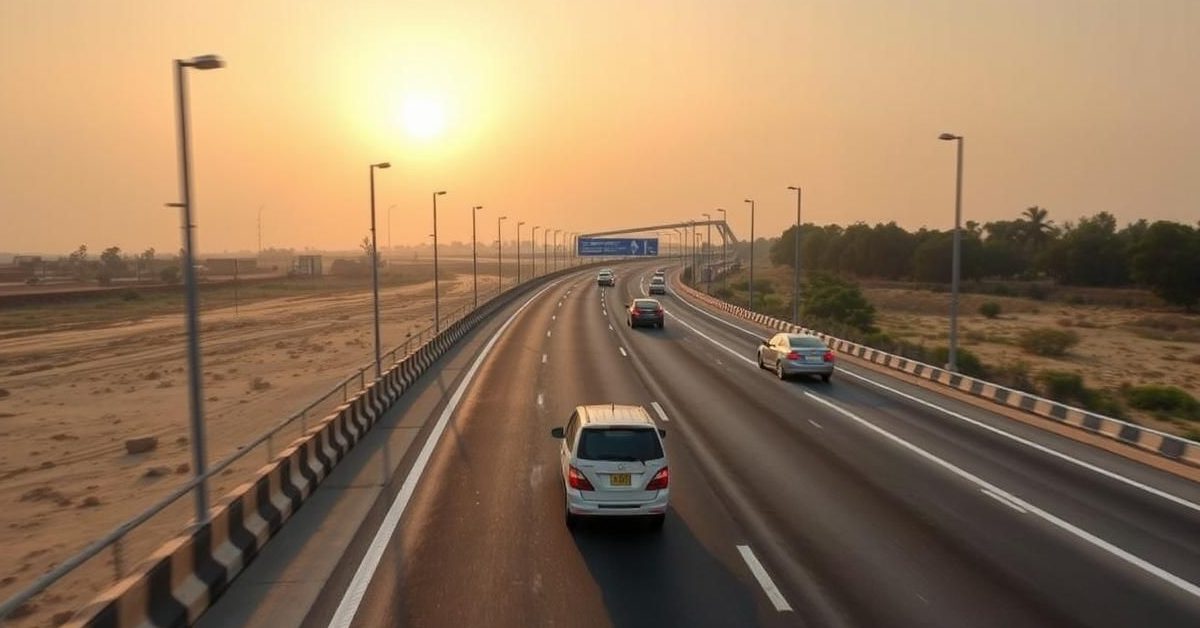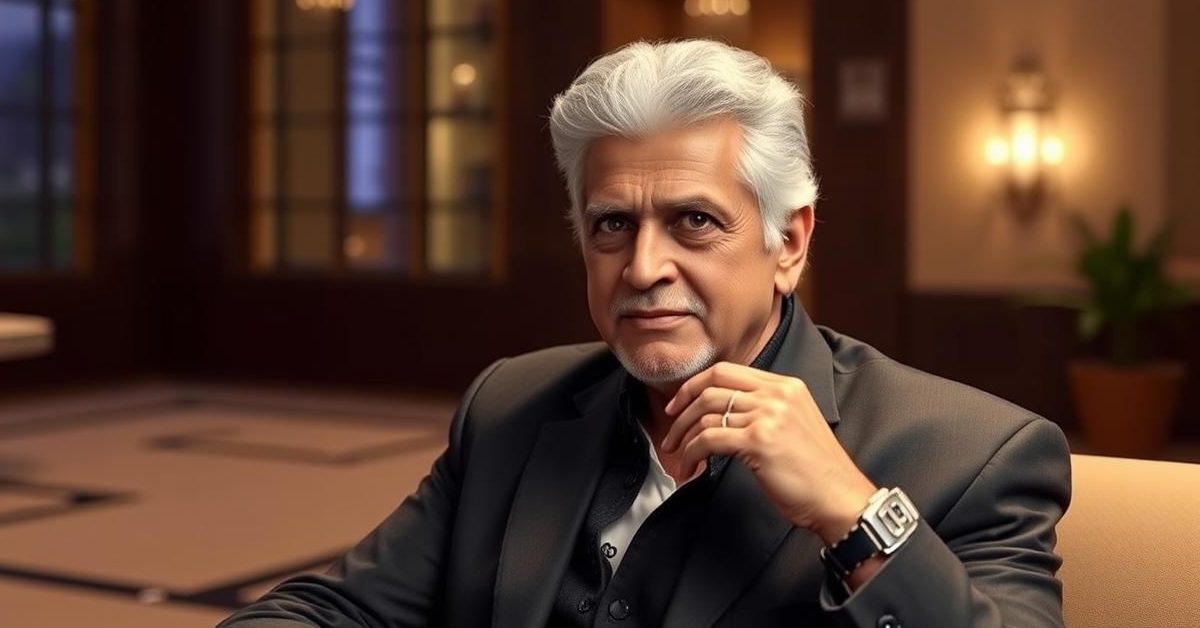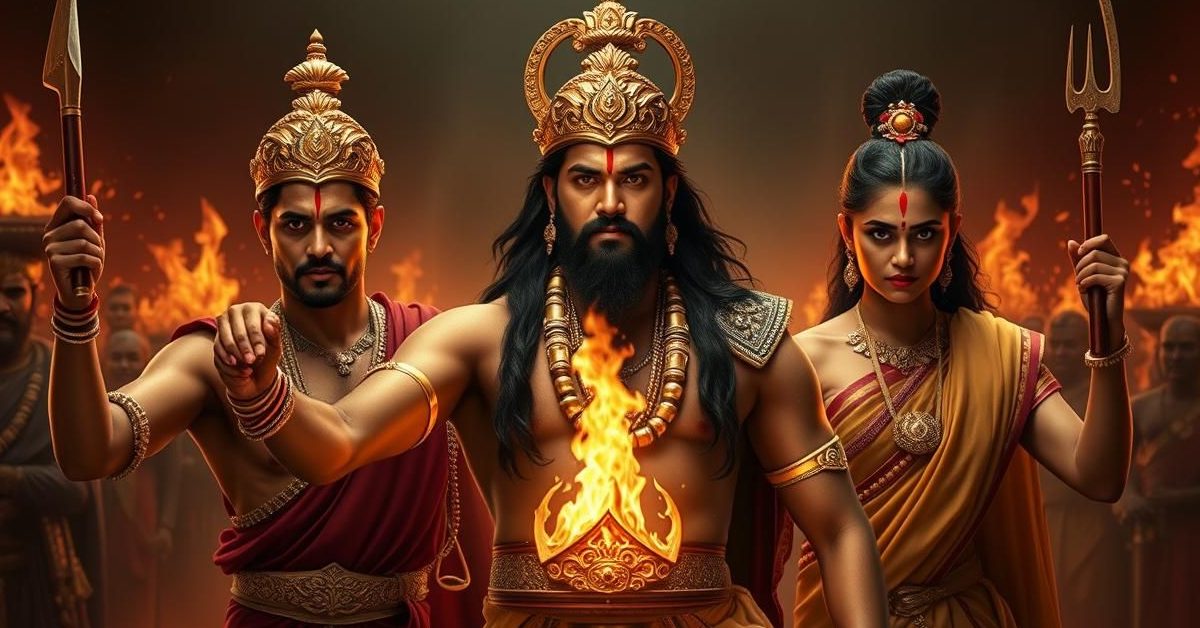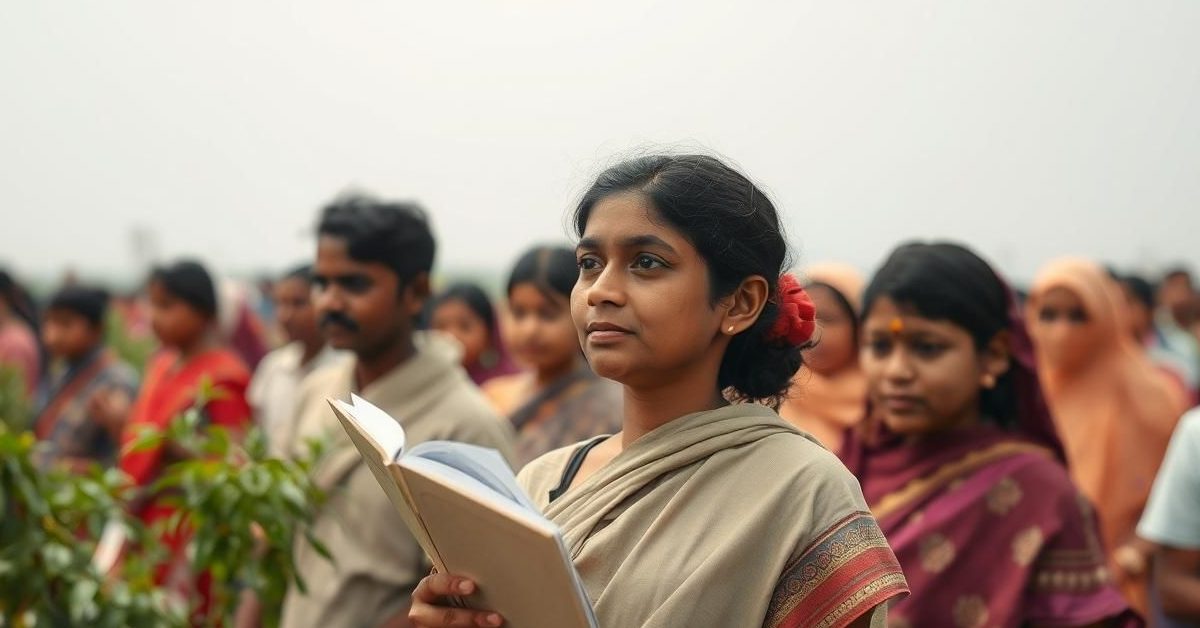The Unfolding Shift: Why Chess Grandmasters Are Rethinking Classical Play
A fascinating trend is emerging at the pinnacle of professional chess, prompting questions and discussions among fans and players alike. Grandmasters of the highest caliber, including the legendary Magnus Carlsen and the immensely popular Hikaru Nakamura, appear to be gradually stepping back from the demands of classical chess. What compels these titans of the game to pivot away from the format traditionally seen as the ultimate test of chess prowess? Indian Grandmaster R Praggnanandhaa offers insightful perspectives, attributing this strategic shift to the profound mental and physical exhaustion inherent in the classical game.
The Grueling Toll of Classical Chess: A Deep Dive
“It’s genuinely challenging to compete in classical chess,” explains Praggnanandhaa, a rising star in the global chess arena. He emphasizes that the sheer intensity stems from an environment where “everyone is meticulously prepared.” The unyielding pressure of opening preparation, a cornerstone of classical play, looms large. Unlike freestyle formats where spontaneity reigns, classical chess compels players into extensive, often arduous, pre-game study.
The Burden of Endless Opening Preparation
“The opening preparation aspect is immense in classical chess,” Praggnanandhaa elaborates. “If you compare it to freestyle, you don’t have to prepare before a game, while in classical chess, you’re basically forced to.” This forced, intricate strategizing, he believes, isn’t something most players genuinely enjoy. Yet, it’s an undeniable requirement – a “plan for everything” that demands an extraordinary amount of intellectual effort and time. This relentless grind can erode even the most robust enthusiasm for the game itself.
Beyond the Board: Mental and Physical Exhaustion
The consequences extend far beyond just pre-game work. “When you play a lot of such tournaments, your energy is also drained,” Praggnanandhaa points out. The sustained focus required for multi-hour classical games, day after day, across numerous tournaments, leads to significant mental and physical depletion. This cumulative fatigue is a pivotal factor driving players toward alternative formats.
The Allure of Faster Formats: Spontaneity and Less Prep
The attraction of formats like freestyle, rapid, and blitz chess becomes crystal clear when viewed through this lens. “I myself like freestyle much more because of the fact that you don’t have to prepare before a game,” Praggnanandhaa reveals. While elite players undoubtedly enjoy the cerebral challenge of chess and the process of improving, the specific obligation of dedicating “three-four hours of preparation” before every classical game becomes a deterrent rather than a pleasure. He candidly shares his preference: “So yeah, I like freestyle. I like rapid, and it’s a bit more than classical for sure.” Despite this, he acknowledges that “classical is still the main thing,” indicating its enduring importance in the chess world.
Carlsen and Nakamura: Pioneering the Shift
This sentiment resonates deeply with the strategic choices of players like Magnus Carlsen, the revered five-time World Champion, and the American Grandmaster Hikaru Nakamura, currently ranked world No. 2. Both have visibly reduced their classical game appearances, channeling their formidable talents into the faster-paced realms of freestyle, rapid, and blitz. Their success in these formats, often showcased on popular streaming platforms, further validates the viability and appeal of this shift.
Praggnanandhaa’s Remarkable Ascent in the New Era
Meanwhile, R Praggnanandhaa, despite his insights into the rigors of classical play, has enjoyed a stellar year, demonstrating his versatility across formats. The 19-year-old prodigy has already secured three significant tournament victories, including the prestigious Tata Steel Chess tournament in Wijk aan Zee earlier in February and the Superbet Chess Classic Romania in May. His exceptional performance at the UzChess Cup tournament in Tashkent recently earned him a remarkable 12 rating points. This surge propelled him to the world No. 4 spot for the first time in his career, as confirmed by the latest FIDE ratings list released on July 1. Praggnanandhaa’s continued success highlights the dynamic evolution of professional chess, where adaptability to various formats increasingly defines a champion.
